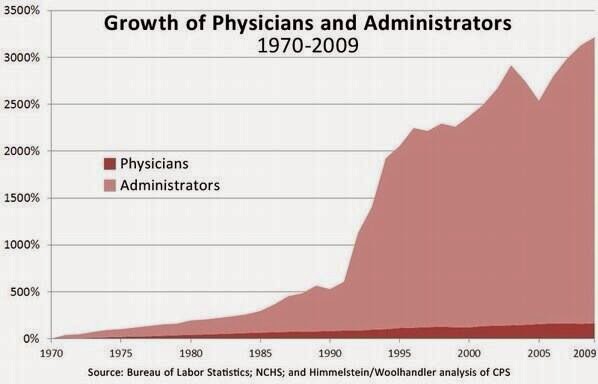- Joined
- Dec 26, 2016
- Messages
- 418
- Reaction score
- 690
I know of doctors that have only done a transitional year that see patients cash only, and obviously that was much more common in the past. I believe even into the 80s (could be wrong on this) any doc could do EM, now you basically have no chance if you're not board certified in EM. If you don't pay massive sums to become BC and continually pay to be re-certified it has a serious effect on your employment opportunities. There's also the dynamic of unsubsidized loans ballooning while you make pennies, while in the past your intern year could pay off your entire debt.
When did this happen and why do doctors have so little power in the training process? And before the quality of training and "standard of care" argument rushes in, the standard to practice independently is essentially non-existent now that NPs have full prescription rights. So why is it that midlevels can hop from psych to EM to derm on a whim, while med students kill themselves (sometimes literally) trying to match into a specialty that they will determine the confines of their career?
When did this happen and why do doctors have so little power in the training process? And before the quality of training and "standard of care" argument rushes in, the standard to practice independently is essentially non-existent now that NPs have full prescription rights. So why is it that midlevels can hop from psych to EM to derm on a whim, while med students kill themselves (sometimes literally) trying to match into a specialty that they will determine the confines of their career?
Last edited:

